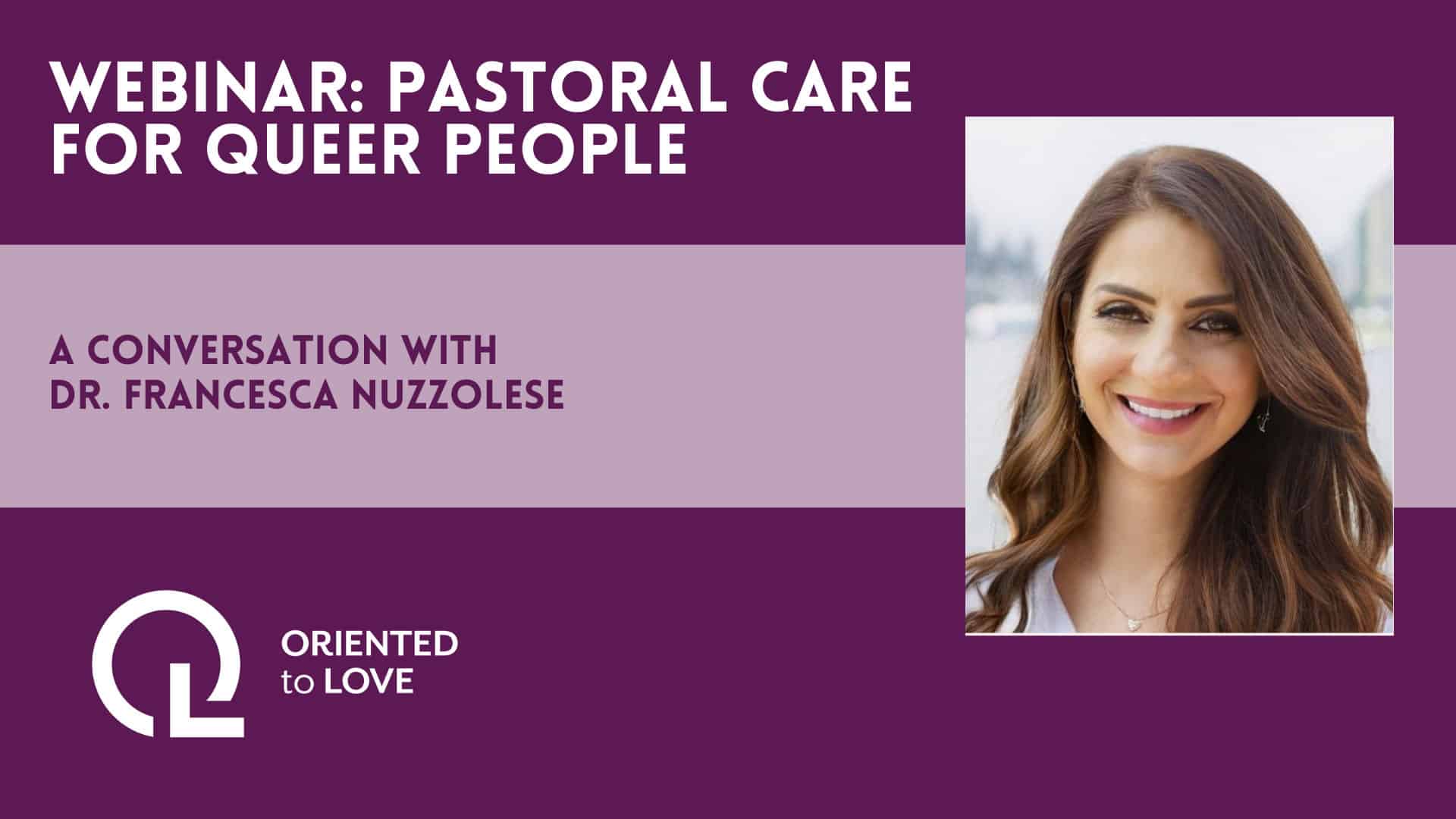
What are the pastoral care needs of queer Christians, and how are they distinct from those of non-queer people? How can you better care for God’s queer children in your ministry, wherever you find yourself on the theological spectrum concerning sexuality and gender?
The practice of pastoral and spiritual care is steeped in a socio-anthropological principle that “every human person is in certain respects like all others, like some others, and like no other” (E. Lartey, In Living Colors). This reminds the caregiver that all human beings share some fundamentally human needs while also prompting them to look at each person as uniquely created in the image of God and therefore requiring a personalized form of care that honors their individual needs and identity.
A pastoral care approach that flows from this principle will seek to approach LGBTQ+ people mindful of the societal stressors and relational challenges they face, as well as the impact on theology, on their spirituality and on their faith practice.
In this webinar, Dr. Francesca Nuzzolese identifies both the general and the particular pastoral and spiritual needs of queer people, moving from theory to practice.
This webinar is for pastors and ministry leaders across the theological spectrum.
About our presenter: Dr. Francesca Nuzzolese brings decades of experience to this conversation. She is a practicing psychotherapist and, since 2014, has helped lay and build upon the essential spiritual foundations of CSA’s Oriented to Love program as its head spiritual director. An ordained pastor who has worked with traumatized people (including pastors) around the world, she intimately understands the realities of both ministry leaders and queer-identifying Christians. Learn more about her work.
Other webinars of interest:
- Gender, Jesus, and the Body of Christ: A Conversation with Christians who have transgender or intersex experiences ($10 fee)
- Gay Marriage in the Body of Christ: A conversation with two same-sex married couples who love Jesus (FREE)
- Christian, Queer and Celibate: A conversation with three Jesus followers who are living a vocation of celibacy
- Parenting Queer Kids: A conversation with Christian parents about the joys & challenges of raising and relating to their LGBTQ children
- Gender Exploration, Identity, and Expression in the Body of Christ
- Law, Religious Liberty & LGBTQ Lives in America: A conversation about recent federal nondiscrimination policy decisions and their real-world implications (FREE)
- Members of the Same Body: A conversation with theologically diverse LGB Christians
- Pastoral Care for Queer People (FREE)

